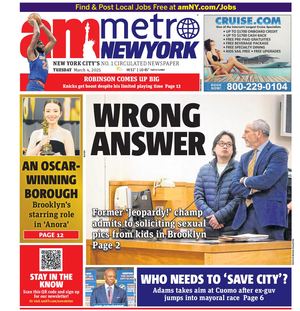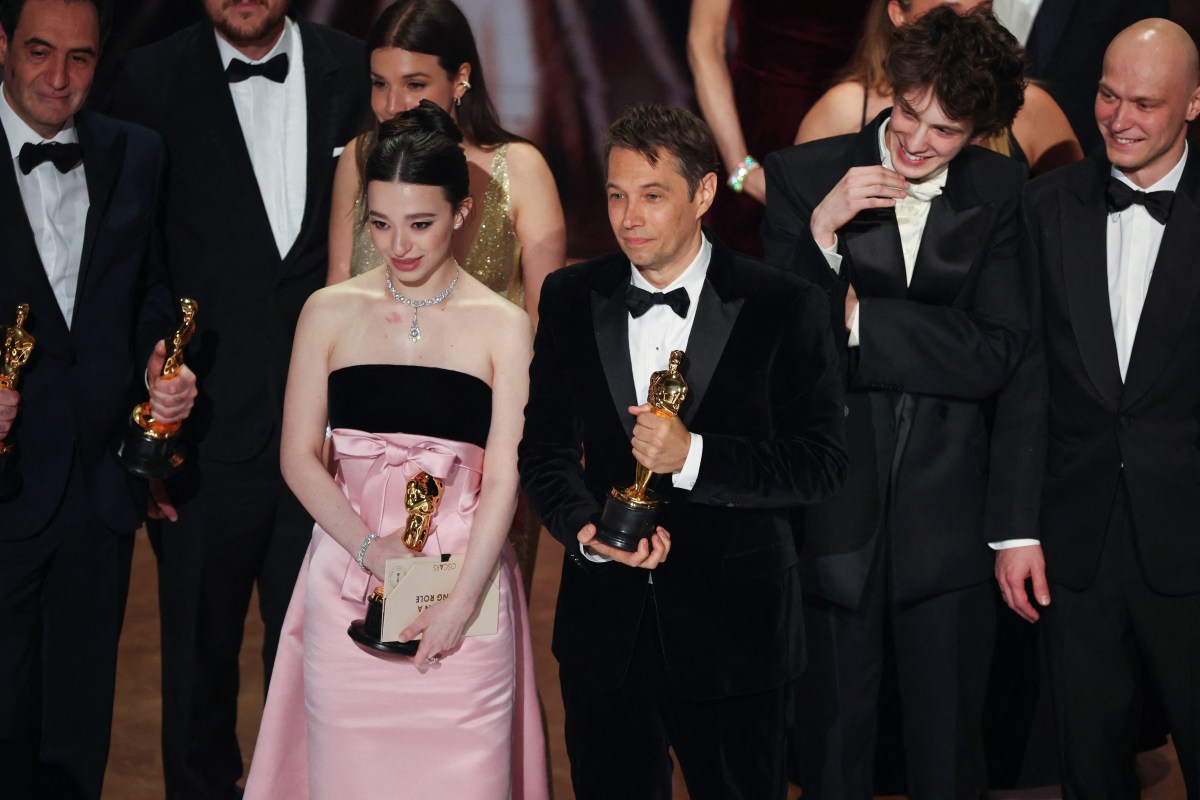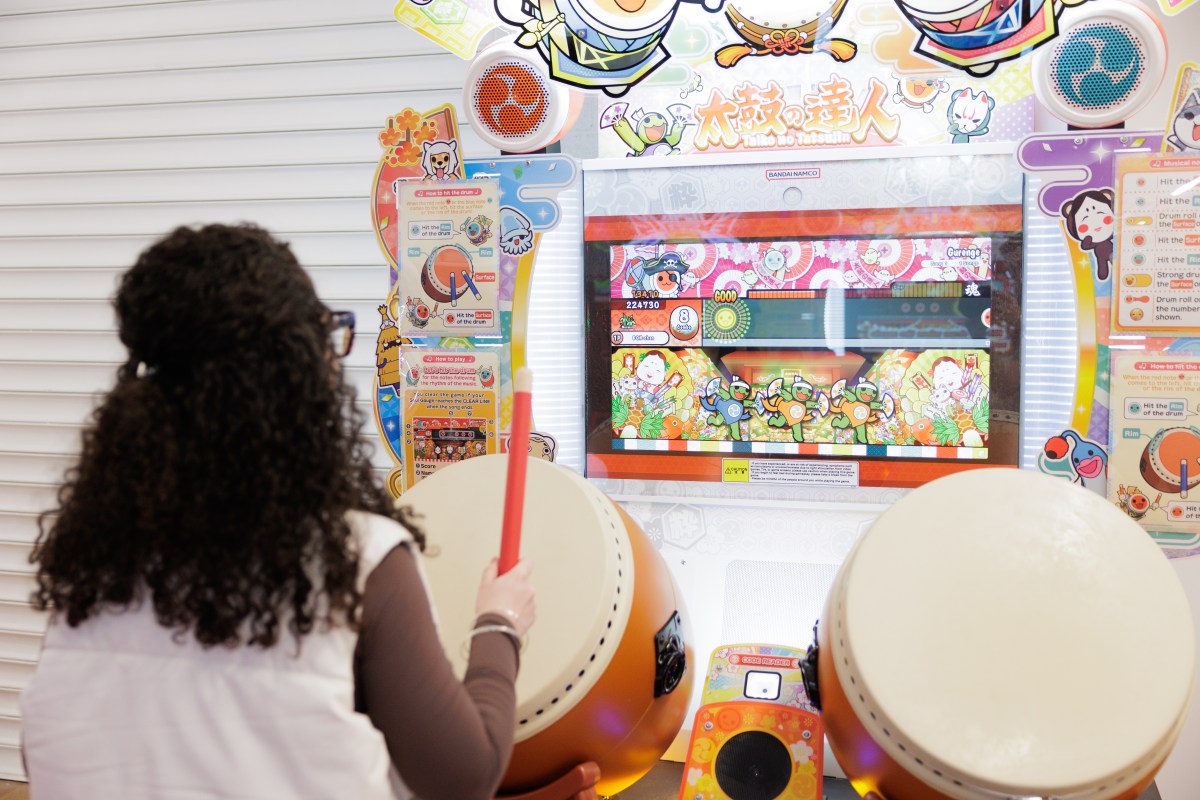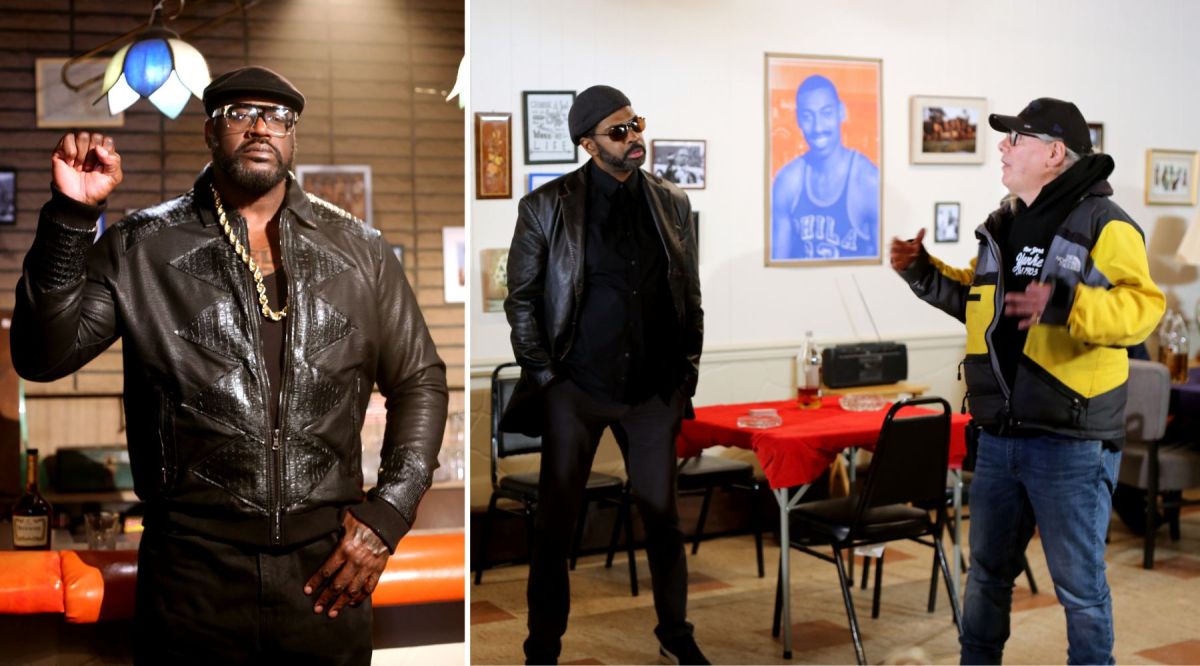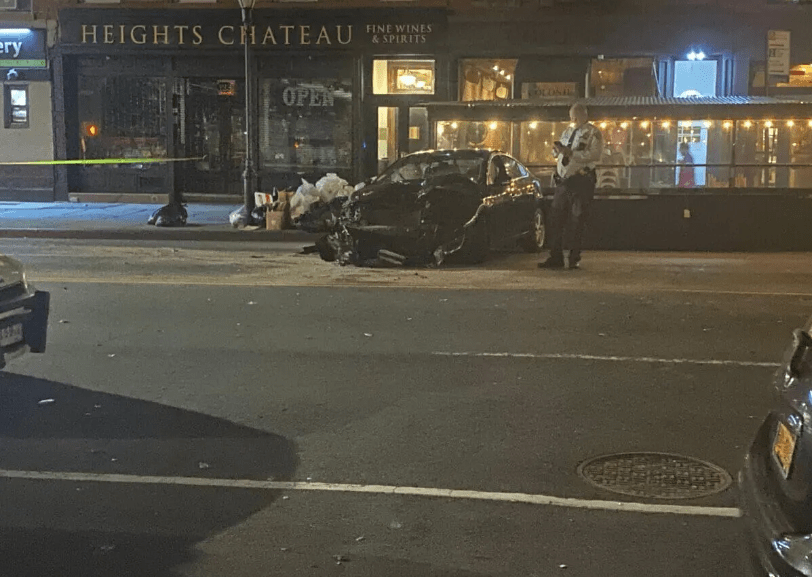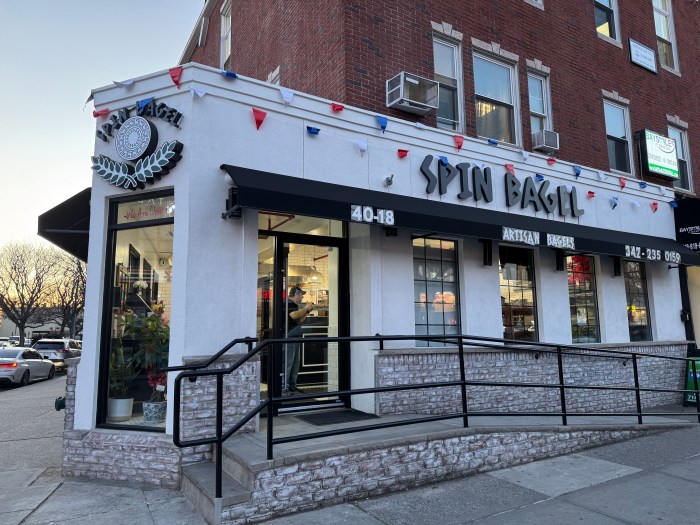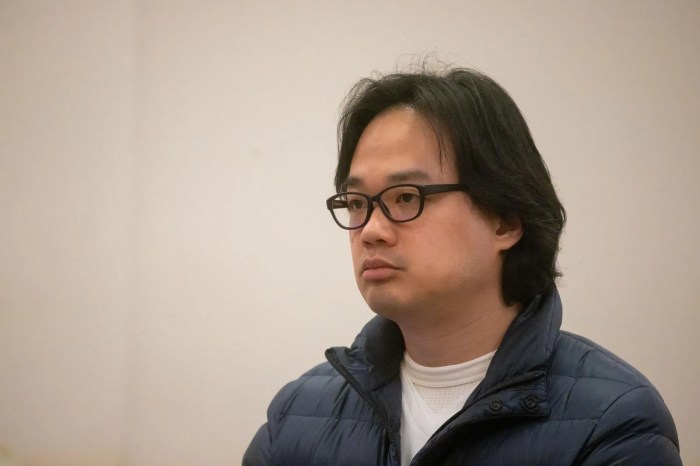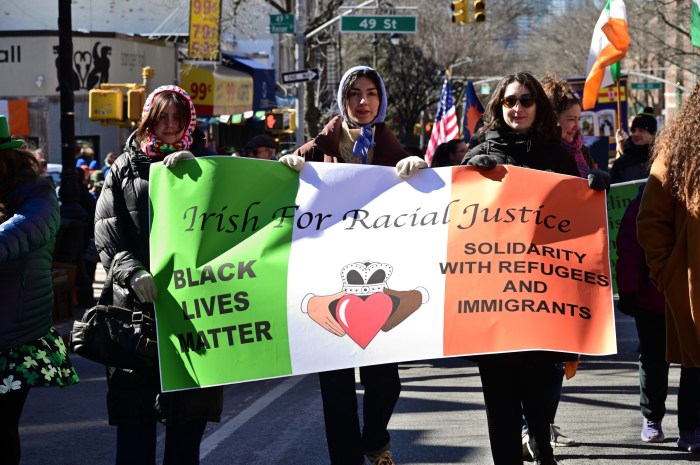There’s nothing quite like Shakespeare recited by an 18-month-old, as Corey Stoll, who plays Brutus in the Public Theater’s upcoming Shakespeare in the Park production of “Julius Caesar,” reveals with a video on his phone of his young son. Caesar’s famed line, “Et tu, Brute,” (Latin for, essentially, “You, too, Brutus!”) is the height of drama and betrayal, as the Roman leader realizes that everyone’s against him, even (spoiler) good buddy Brutus.
It’s hard to hear the drama when Stoll’s son, Niko, chirps out, “Eh, Brutaaaay,” and Dad cracks up at the sound.
But it’s an amusing reminder of how there’s no right or wrong way to perform Shakespeare, a lesson that will no doubt be borne out in this much-buzzed-about production, helmed by the Public’s artistic director Oskar Eustis. The news release for the play says it is about a Roman leader who breaks the mold: “magnetic, populist, irreverent, he seems bent on absolute power.”
Co-starring Gregg Henry as Caesar and Elizabeth Marvel as, yes, Marc Antony, the play runs May 23 through June 18. (Most tickets are free, distributed the day of the performance at Central Park’s Delacorte Theatre, or on the TodayTix app. For info, visit publictheater.org.)
Stoll, 41, is no stranger to betrayal and intrigue, known for playing a substance-abusing congressman (“House of Cards”), CDC scientist (“The Strain”) and delicious villain (“Ant-Man”). He met with Newsday contributor Joseph V. Amodio before a rehearsal.
This production is clearly drawing parallels to American politics. What do you say to people who respond, “Ughhh, I just want to be entertained, to escape. I don’t want to be preached at.”
Well, it’s definitely not preachy. But it’s not an escape. If you’re looking for an escape, see “Guardians of the Galaxy.” . . . This . . . is harder. Look, I get it. After the election, I didn’t want to think about politics. But I’m realizing it’s inescapable. At least for now.
But can people from all political persuasions come to this and get something out of it? I gotta say, I’m tired of BOTH sides just preaching to their choirs.
I think so. There are stunning moments, lines that Caesar or Marc Antony say that just . . .
Seem pulled from today’s headlines?
Yes. And we’re not shying away from that. Oskar has pointed out that when “Julius Caesar” was first performed, they were wearing Elizabethan clothes, not togas. So it was never just about ancient Rome. It was about what was happening at the time. Now we’ve got this extra layer — it’s about Romans, Elizabethans and us. You can’t pretend those echoes aren’t there.
Has becoming a dad changed the way you approach roles?
I’m less . . . worried about being good all the time. [He chuckles.]
Why?
Well, with a young child, you’re dealing with a certain amount of fatigue. You just can’t operate at full capacity, so you have to have some tolerance that you’re just gonna suck sometimes. And that can be liberating. It’s been interesting to work on Shakespeare, with its beautiful language, as my son is starting to talk. When he was very small, my wife, friends and I would perform soliloquies for him. He loved it. LOVED it. That’s why I think Shakespeare is the greatest artist who’s ever lived. Somebody who understands the historical context, or a high school student, or a baby hearing it on an abstract, musical level — they all get something out of it.
And those who hate Shakespeare?
It can make you feel dumb — I understand that. I think they’ve probably seen bad Shakespeare — which is most Shakespeare. Actually, “Julius Caesar” is one of his clearest plays. But it’s about tolerance with yourself — you don’t have to GET everything.
I find so much of the experience of Shakespeare in the Park is . . . being in the park.
It can be tough for performers — it’s a huge stage, there are lots of distractions. But there’s something so . . . magical. It’s a living, breathing thing. Sometimes it’s hot, sometimes cold. It’s a great lesson for performers.
There’s this feeling in the audience that we’re all in it together. It’s one of those special New York moments.
I get angry at the helicopters. You know they’re going to and from the Hamptons, because it’s busier on Fridays and Sundays. It’s such a metaphor of income inequality — you have this free cultural thing and . . . the “1 percent” flying overhead. I try not to . . . get too heavy about that. [He chuckles]
And other disturbances?
The rain is a welcome disturbance. Although we’re not allowed to say rain. We can only say “weather.” Or “precipitation.” The stage managers are very superstitious. Hmm . . . Don’t tell them I said rain.
